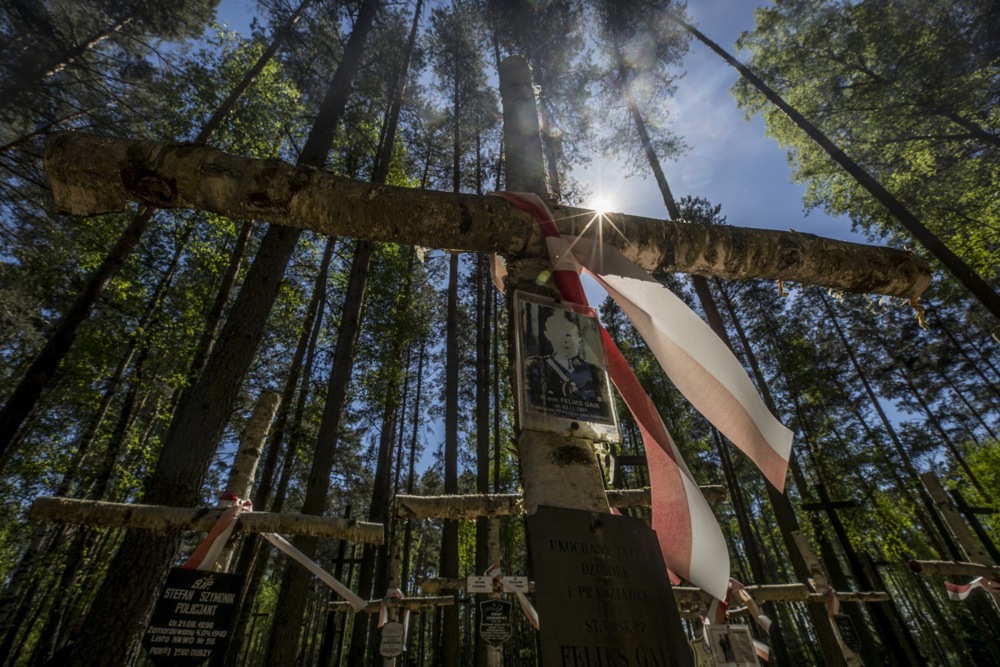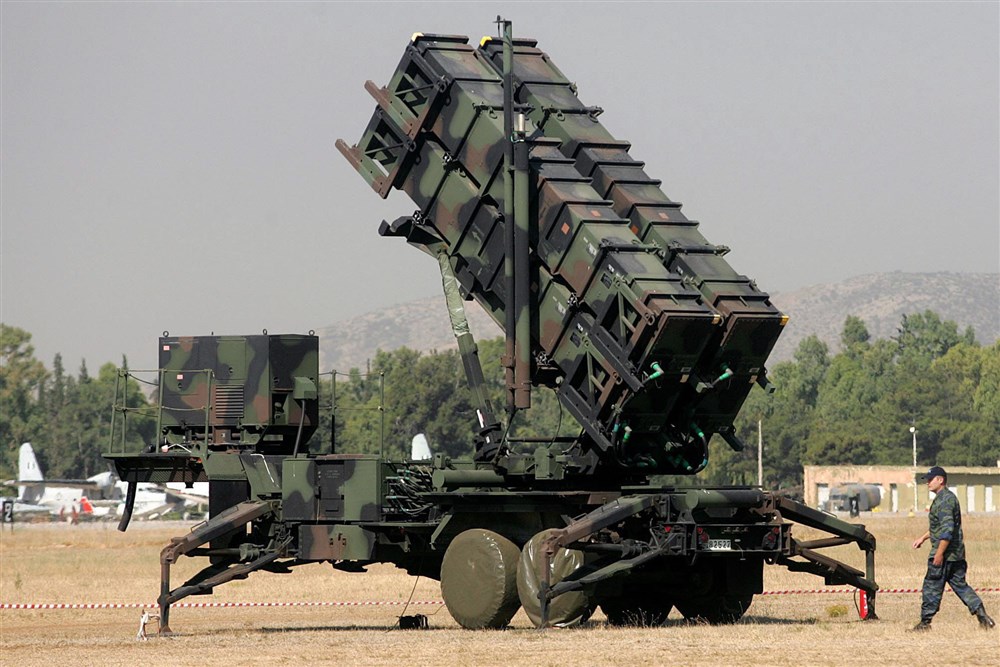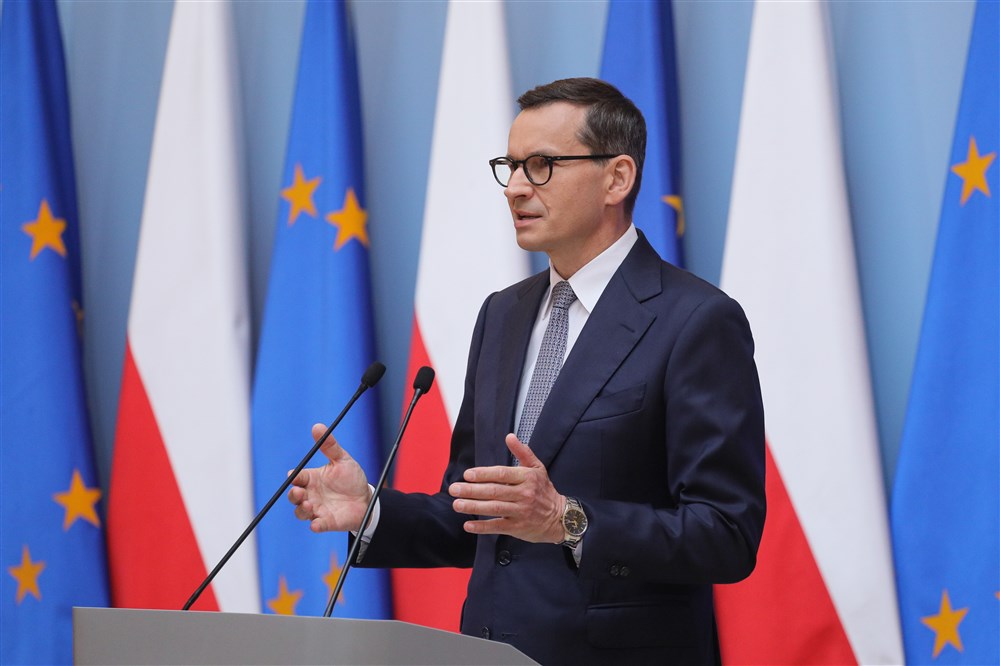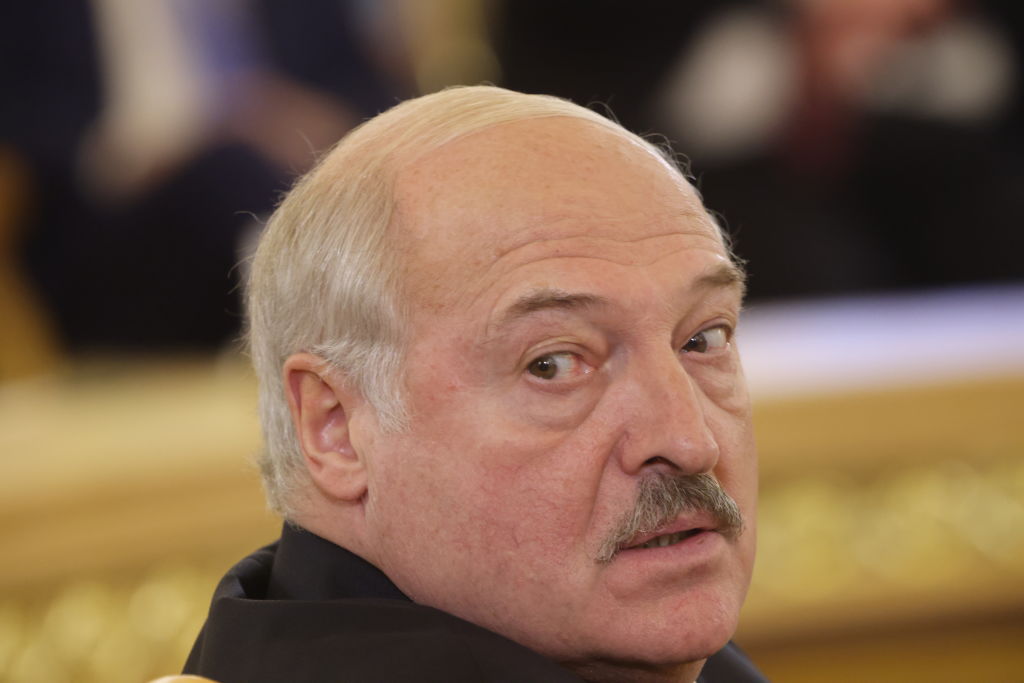Belarusian President Alexander Lukashenko says the Russia-backed Wagner Group of mercenaries have been pushing him to let them pay an “uninvited visit” to Poland.
His comments followed Russian President Vladimir Putin’s remarks on July 21 accusing Poland of planning to invade Belarus and Ukraine.
On July 23, Lukashenko travelled to the Russian city of Saint-Petersburg where he met Putin and showed him maps revealing where Polish troops are currently deployed. He also told Putin that the Wagner mercenaries were pressing him to let them go “for a trip to Warsaw and Rzeszów”. The city of Rzeszów is the site of NATO’s hub for arms and munitions assistance to Ukraine.
Lukashenko’s comments followed Putin’s speech to Russia’s Security Council on July 21 in which he accused Poland of preparing a coalition within NATO to enter Ukraine, and of seeking to recover lands lost to the Soviet Union during the Second World War.
“Poland’s leaders likely seek to set up a coalition under the NATO umbrella and directly join the conflict in Ukraine, and then ‘tear off’ a wider piece for themselves, restore their, as they believe, historical territory – today’s western Ukraine,” Putin said in a televised address.
He also accused Poland of being “ungrateful” to Russia for the way it enabled Poland to take former German territories on its western flank, adding: “It was thanks to the Soviet Union, thanks to Stalin’s position, that Poland received significant territories in the West, the German lands.”
Putin called it “Stalin’s gift to the Poles” and he warned Poland that Russia was prepared to “remind” the country of that.
“Have our friends in Warsaw forgotten about it? We will remind them,” he said.
Russia has repeatedly made unsubstantiated claims that Poland seeks to seize parts of Ukraine. Since regaining independence in 1989, Poland has consistently argued against revising borders in Europe. It was one of the first countries to recognise the independence of both Ukraine and Belarus.
Putin also warned Poland that he would treat any “aggression” towards Moscow’s ally Belarus as an attack on his own country. “Aggression against Belarus will mean aggression against the Russian Federation. We will respond to this with all the means at our disposal.”
His words came after Warsaw’s decision to send troops to reinforce its eastern border in response to the presence of Wagner mercenary forces and Russian tactical nuclear weapons in Belarus. Russia is portraying Poland’s move as escalation of tension and it has urged Warsaw’s NATO allies to bring the Polish Government to heel.
In response to the escalating tensions, German defence minister Boris Pistorius expressed Germany’s and NATO’s readiness to support Poland in defending the eastern flank of the military alliance. “We stand in solidarity with Poland during these challenging times,” he said.
On July 22, the Polish foreign ministry summoned the Russian ambassador, apparently to protest at Putin’s comments.
Polish Prime Minister Mateusz Morawiecki tweeted that “Stalin was a war criminal responsible for the deaths of hundreds of thousands of Poles. The historical truth is beyond doubt.
“The Soviet Union invaded Poland just over two weeks after the German invasion as a result of the Ribbentrop-Molotov pact of 1939. It was then that the Russians took over the territories in the east of Poland,” Morawiecki said.





